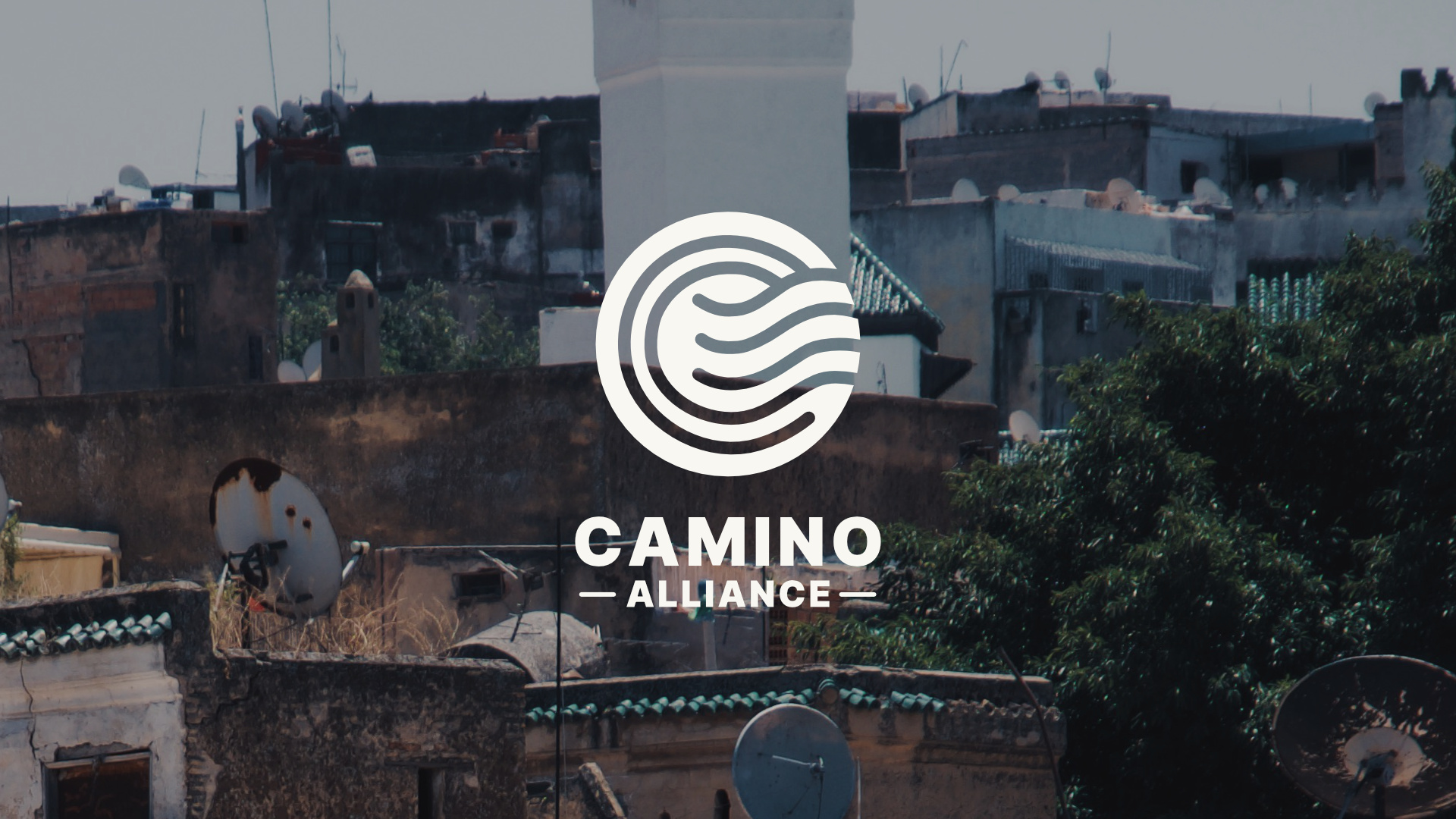Instituto de Formación Integral Hagios
- Valencia, Venezuela

Organizational Overview
The Hagios Institute for Integral Formation, established in 2016 and connected to the non-profit Next Step Venezuela, is committed to offering accessible theological and ministerial training to emerging Christian leaders. Its mission centers on holistic human development, rooted in Kingdom values, with the goal of fostering both social and spiritual transformation through its educational programs. The institute aims to equip a new generation of leaders in Venezuela, preparing them for roles not only in churches and Christian organizations but also within the nonprofit sector and marketplace.
Hagios offers affordable and contextualized training programs, utilizing a blend of virtual and in-person learning methods. These programs are specifically designed to address Venezuela's complex social and economic challenges, with a focus on sustainability and community transformation. By teaching alternative ministry models that incorporate self-sustaining, income-generating initiatives, Hagios enables participants to engage in holistic ministry that moves beyond traditional reliance on tithes. The goal is to create sustainable community transformation through the active involvement of local actors. In doing so, Hagios seeks to inspire long-term change, embedding transformative ministry ventures within local contexts, strengthening both existing churches and faith communities, and reaching unreached populations. At the heart of Hagios’ mission is the desire to innovate ministry in Venezuela by promoting sustainable ministry ventures that align with the essence of the Christian faith. The institute strives to foster lasting change that reflects its commitment to service and long-term transformation.
Beneficiary Population
- Urban Poor
- Leaders
- Entrepreneurs
Focus Areas
- Spiritual Transformation & Faith Communities
- Leadership Development & Training
- Community Development
- Wealth Creation & Economic Development
Organizational Track Record
Since its inception in 2016, Instituto Hagios has made significant strides in providing accessible and contextualized theological education tailored for the Venezuelan context. Initially launched as an affordable online alternative to traditional seminaries, Hagios responded to the growing economic crisis in Venezuela that disrupted many theological institutions. After two years of preparation, Hagios officially began its activities in 2018, offering four-month online courses, shorter certificates, and a year-long theological program. To date, over 160 pastors, church leaders, and faith community members have graduated from its programs, many of whom had no prior access to formal theological education. Hagios' flexibility has enabled professionals and ministry leaders to continue their training despite the ongoing telecommunications challenges in the country. In 2020, the institute hosted one of the first online continental theological conferences, attracting participants from Latin America and even Africa, demonstrating its growing influence.
A key milestone for Hagios is its association with AETAL (Theological Education Association of Latin America), a respected international body that certifies theological institutions across the continent. In addition to its educational programs, Hagios focuses on equipping leaders and churches to be economically self-sustaining, promoting entrepreneurial models and community transformation. The institute's projects in Colonia Tovar, where it runs agricultural initiatives, and the acquisition of property in Valencia, designed to serve as a hub for online learners and generate revenue through a regional radio station and co-working spaces, exemplify this vision. Hagios continues to address the pressing need for modern theological education while encouraging sustainable church models rooted in both spiritual and economic unity and growth.
Key Leader Biosketch
Abihail Lara holds a Master's degree in Theology from the Seminario Teológico Bautista de Venezuela (2017) and is currently completing his thesis and internship for a master’s degree in psychology at Universidad Yacambú in Barquisimeto, Venezuela. With a deep passion for theological education and community development, he began his pastoral journey at the age of 19, serving as a Baptist pastor. Between 2015 and 2019, he was a professor at his alma mater, where he shaped future generations of church leaders. In 2016, Abihail founded the Instituto de Formación Integral Hagios, where he currently serves as President, overseeing its mission to provide theological and leadership training for emerging church leaders across Venezuela. In addition to his pastoral and educational work, he has represented the International Barcode Network in Venezuela for over seven years and serves as the CEO of MCSG, CA, a digital marketing consultancy. He also holds a diploma in Strategic Business and Organizational Management from TECH (2022). Abihail, a committed father, is based between La Colonia Tovar and Valencia, where he continues to integrate faith, education, and business in his various roles.

Funding History with Camino Alliance
In early 2024, Instituto Hagios received a $40,500 USD grant through Camino Alliance with a primary focus on purchasing and remodeling a housing facility that will serve as a base for intensive, practical community-based, in-person training sessions and spiritual retreats. This housing will allow leaders from different regions of Venezuela to engage in on-site theological and leadership development, complementing their online training. The facility will be crucial for fostering deeper spiritual growth and facilitating the practical application of church leadership skills in a marginal urban community. From this foundation, the institute aims to equip over 100 emerging leaders through a hybrid training program. These leaders will be trained not only in ministry but also in sustainable community engagement models, and income generation models, empowering them to launch discipleship groups that will serve as the backbone of local missional projects. This initiative is projected to establish at least 10 new self-sustaining churches and involve 800 individuals in transformative discipleship groups, with the ultimate goal of creating missional projects that will impact at least 800 people through church-led initiatives. This holistic approach ensures that communities are transformed both spiritually and socio-economically.
